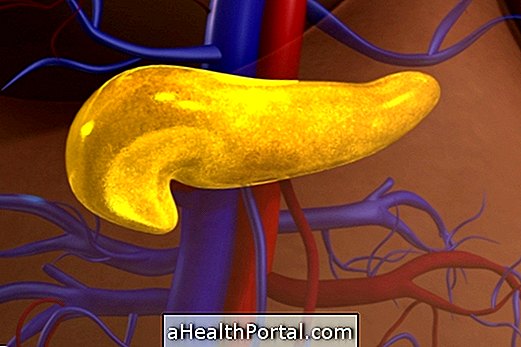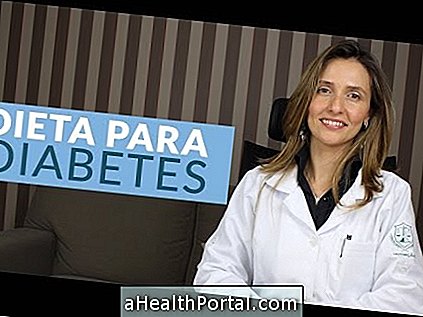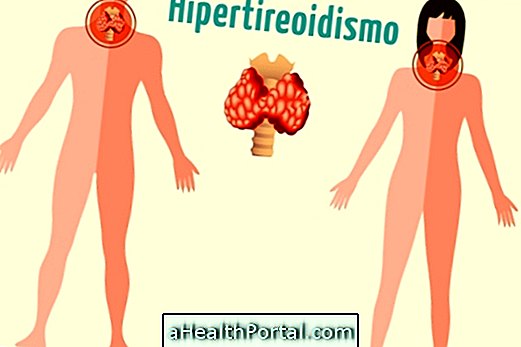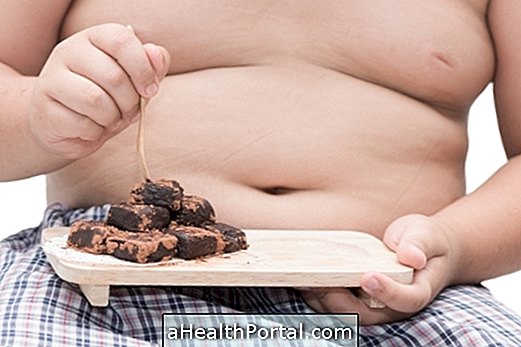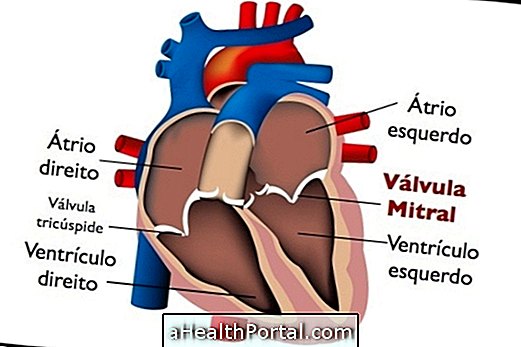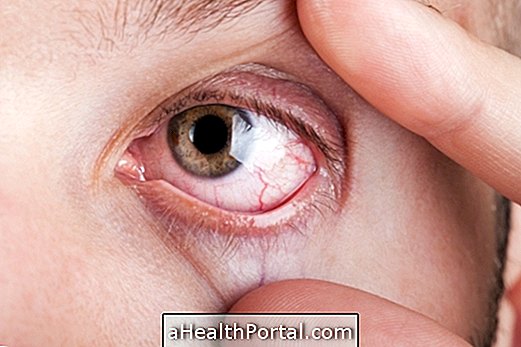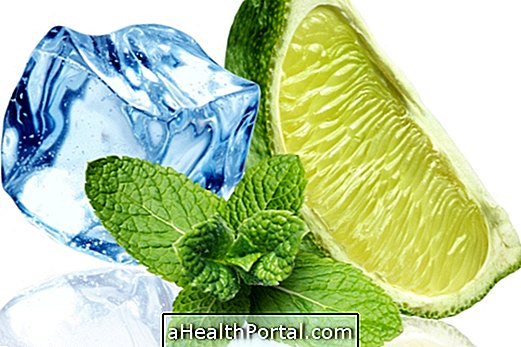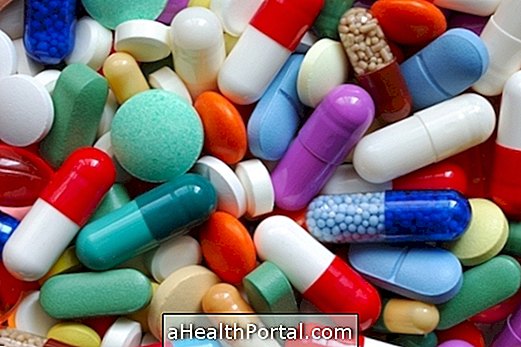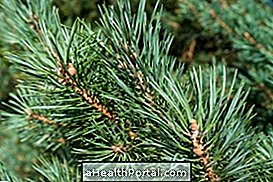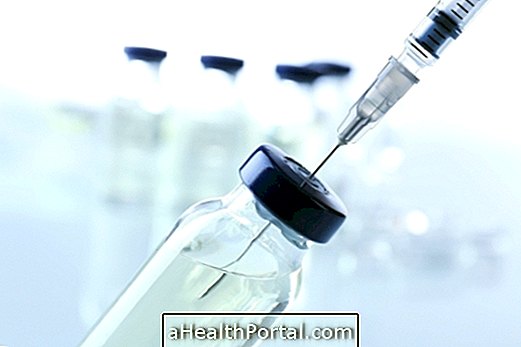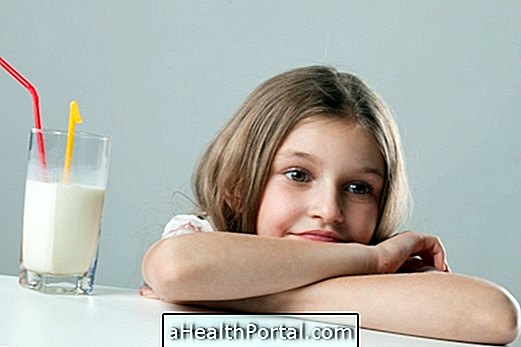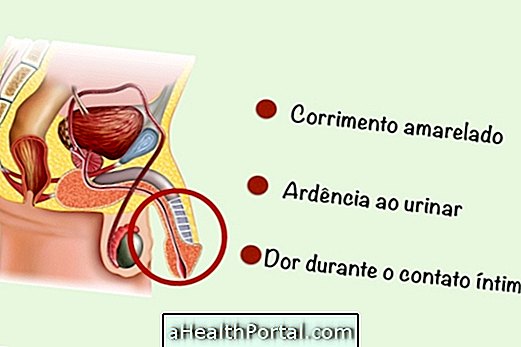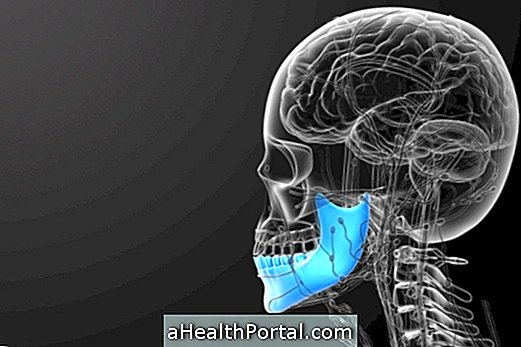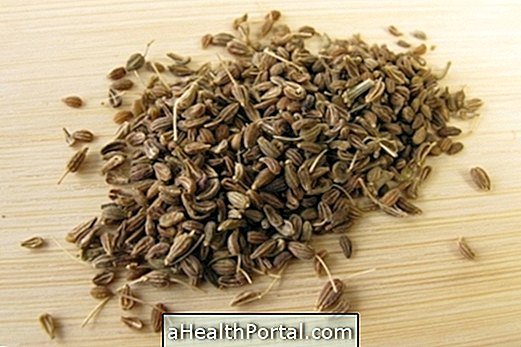Premenopause is the transition from the reproductive period to the non-reproductive period, which usually begins 10 years before menopause, beginning about 45 years of age, although it may start even shortly before the age of 42.
Premenopause occurs due to a decrease in the production of female sex hormones, resulting in changes in the woman's body with symptoms similar to those of menopause and this period is scientifically called climacteric.
How to Recognize Premenopause Symptoms
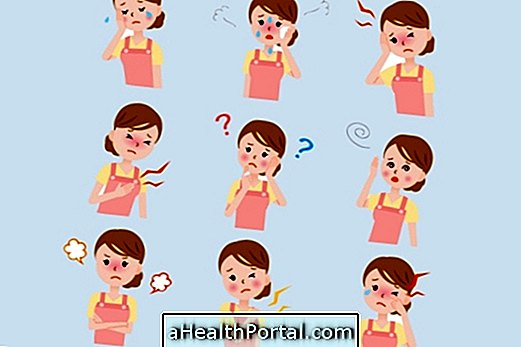
These are characteristic signs and symptoms of premenopausal:
- Initially there is a shortening of the menstrual cycle that goes from 28 to 26 days, for example;
- Thereafter there is a longer interval between menses;
- Abnormally heavy menstruation may occur;
- Irritability;
- Insomnia,
- Decreased sexual desire.
For premenopausal diagnosis, the gynecologist may indicate that a blood test is performed to verify FSH levels, which should be performed on 2 or 3 different days. The higher the value, the closer the woman is to menopause. Learn more about this exam.
Does Premenopause Need Treatment?
Premenopausal treatment is not always necessary, but if the woman experiences many discomfort, she can use the combined contraceptive pill or put the Mirena IUD to avoid pregnancy and regularize menstruation until the menopause is installed.
Natural Treatment for Premenopause
Natural pre-menopausal treatment can be done with:
- Take St. Kitts' Herb Tea daily
- Consume regularly wild yam ( Dioscorea paniculata ).
This natural treatment can help prevent the intense hormonal changes and therefore can relieve the symptoms of the premenopause but it is important to inform that the tendency is the aggravation of these symptoms and appearance of others like hot flashes, headache and restlessness which are characteristic of menopause. The gynecologist can indicate the taking of hormonal medicines so that the woman crosses this period in a more comfortable way.
To combat pre-menstrual tension - PMS that tends to be more intense in premenopausal, one can use:
- Evening primrose oil;
- Agnoccus ( Vitex agnus-castus L., );
- Dong quai ( Angelica sinensis );
- Chromium and magnesium food supplement.
Practicing at least 30 minutes of daily exercise is also indicated to ensure good muscle tone, strong bones and weight maintenance because with aging the muscle volume decreases and is replaced by fat, and this change makes the metabolism slower, leading to to the accumulation of fat mainly in the belly.
How Food Can Help
In relation to premenopausal feeding, it is indicated:
- Include flax seeds in your daily diet;
- Increase the consumption of calcium, present in foods such as soy, fish and vegetables;
- Avoid foods rich in caffeine, distilled or fermented alcoholic beverages;
- Drink plenty of water;
- Reduce fatty and
- Decrease consumption of refined sugar.
These measures are important to prevent a woman from gaining weight and to go through this phase more comfortably. It is important for women to have some beauty care in pre-menopause by taking care of their skin, hair and nails. Good tips are to use keratin products on the hair and nails and take a collagen supplement to keep skin and firm joints.
